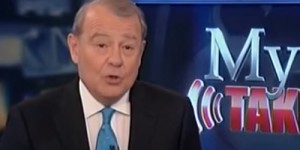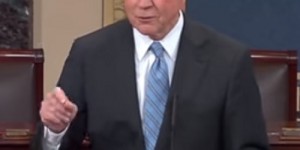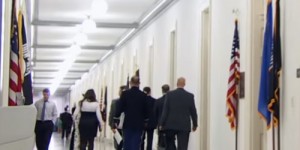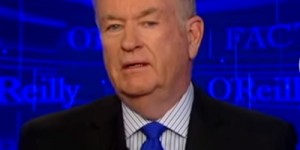The Washington Examiner — President Obama’s attempts to link his executive action on immigration reform to bolstering the middle class are likely overblown, as economists argue that White House efforts to spare up to 5 million illegal immigrants from deportation will have a limited impact on the overall economy.
Obama is highlighting his power play on immigration, along with a recent slate of executive actions, to argue that his unilateral moves are motivated more by economic policy than scoring political points.
As demonstrated by his recent State of the Union address, Obama is increasingly trying to claim credit for a rebounding economy, using the drop in the unemployment rate and uptick in consumer confidence to pressure Republicans blocking the implementation of his populist agenda.
But economic experts say Obama should not attempt to link his go-it-alone approach on immigration to any kind of economic windfall.
“It’s tiny. It won’t matter much,” former Congressional Budget Office Director Douglas Holtz-Eakin said of the economic impact of Obama’s immigration action.
“I don’t know if it will be perceived as pro-middle class, either,” he told the Washington Examiner.
Still, Holtz-Eakin and other economists agree that Obama’s move could allow certain low-wage workers to receive higher pay and motivate some undocumented immigrants to pursue better jobs now that they have been granted protection from deportation.
“You want to match workers and their skills to the right employer,” Holtz-Eakin explained. “You don’t want people with Ph.D.s driving cabs.”
However, there are many factors complicating Obama’s economic argument.
First, the most optimistic economic projections are based on the assumption that nearly all those who qualify for deportation deferrals will sign up for the program. Given that the executive action lacks the permanence of law, many illegal immigrants might choose to not come forward over fears that a future president could reverse Obama’s action, analysts said.
For example, a recent Migration Policy Institute Study found that just 55 percent of so-called Dreamers eligible for the Deferred Action for Childhood Arrivals program had applied two years after Obama unveiled the policy shift.
And conservatives in particular argue that Obama’s action will lead to a surge in illegal border crossings, increasing the competition for an already limited pool of jobs.
“Simply put, we have more job seekers than jobs,” Sen. Jeff Sessions, R-Ala., said. ”The White House itself has said that there are three unemployed persons for each one job opening. It is astonishing, therefore, that prominent members [of] Congress wish to see record immigration levels increased yet further.”
The White House counters that the pessimistic economic assessments further showcase the need for legislative reforms.
“To those arguing about modest economic gains, I would simply say, ‘Pass a bill,’” a senior administration official told the Examiner. “They are the ones standing in the way of economic progress, not the president.”
The president’s Council of Economic Advisers estimates that Obama’s executive action on immigration would increase economic output between 0.4 percent and 0.9 percent over the next decade.
The White House also says that expanding the tax base by billions of dollars and increasing the labor force participation rate helps the economy.
During his visit to India on Monday, though, Obama acknowledged that unilateral action alone was not enough to attract more high-skilled workers to the United States, saying lawmakers would need to address the matter.
And the White House now concedes that many of the illegal immigrants spared from deportation under Obama’s sweeping executive action will become eligible for Social Security and Medicare benefits once they reach retirement age.
Immigrants would have to work at least 10 years to qualify for Social Security and Medicare benefits, but those entitlement payments will also limit the growth in tax revenue achieved by Obama’s executive action.
Under the White House’s reasoning, Obama’s efforts made it easier to pass legislation addressing comprehensive immigration reform. Thus, they argue, he should receive credit for any economic boon tied to new immigration policies.
Republicans, however, counter that the president derailed prospects for a wide-reaching immigration bill, stoking distrust on Capitol Hill and giving conservatives little political incentive to back a blueprint many of their constituents view as amnesty.
“How do you account for the economic benefits not achieved because the president did this on his own?” said a senior aide for a Senate Republican who supported the upper chamber’s immigration reform bill in 2013.
“He can’t claim credit for minor [economic] improvements when he scuttled far larger gains,” the Republican aide added. “It’s like demanding credit for a two-yard completion after missing a wide-open touchdown pass.”




























